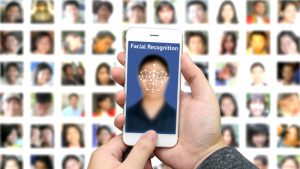The Montana Fish, Wildlife, and Parks (FWP) has unveiled a new online tool that provides the general public with up-to-date information on known grizzly bear mortalities across the state.
The Maryland Department of Information Technology (DoIT) announced that “white hat” hackers found more than 40 exploitable vulnerabilities in the state’s first-ever bug bounty program.
The Washington Department of Fish and Wildlife (WDFW) has finalized a drone use plan that authorizes staff to conduct pinniped (also known as seals) research and management surveys in the state’s coastal and inland waters.
California has unveiled new dashboards that help Californians track the state’s wildfire prevention work.
The Arkansas Department of Labor and Licensing (ADLL) has selected a new solutions provider to help the department standardize inspection processes across 11 state agencies.
The state of Maryland has secured $1.7 million in Federal funding to pilot the use of drone aircraft systems to expand access to healthcare resources.
The General Services Administration’s (GSA) Technology Transformation Services (TTS) group announced that Login.gov will now offer facial recognition technology to all of its partners as an identity verification offering.
Ohio State University (OSU) is showcasing its campus art collection with a new website and mobile app.
Michigan State University (MSU) Interim Executive Vice President for Administration Thomas Glasmacher announced that he will recommend Rich Czarnecki to the MSU Board of Trustees for the position of chief information officer at the board’s meeting later this month.
A new law in California will integrate artificial intelligence (AI) literacy into the core curriculum for all K-12 students in the state.













